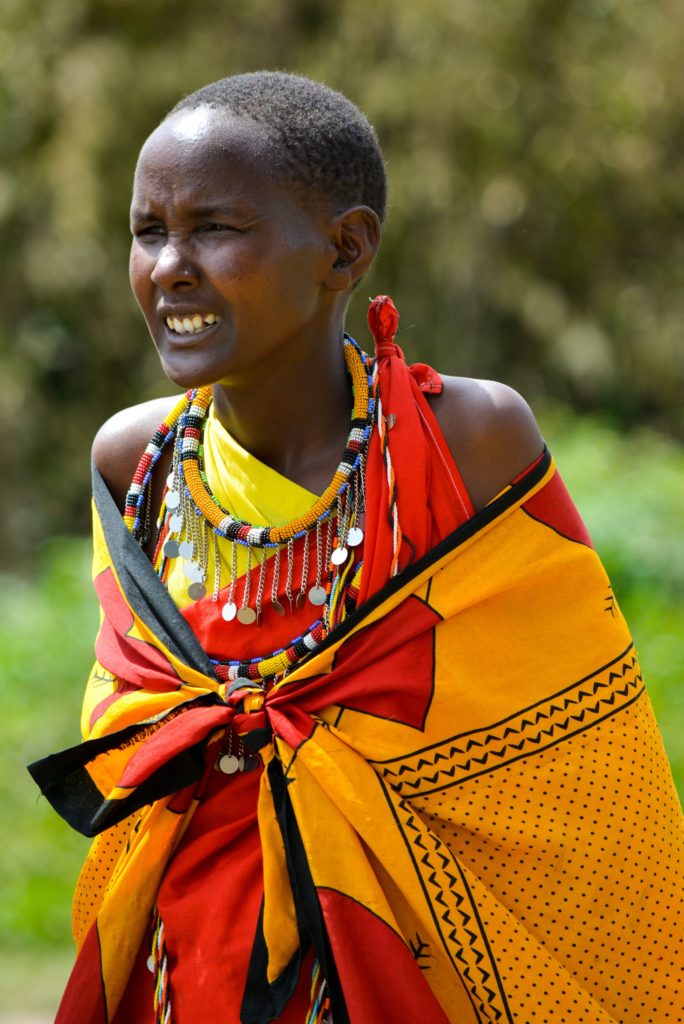
Governments from Australia to Rwanda, from Sweden to Brazil, and from Kenya to Belarus have devised policy solutions to bolster the health, well-being, and basic functioning of their societies, sometimes at the urging of grassroots organizers. And while no country is a utopia, even nations with long histories of inequality and violence carry lessons for how to move toward what might be called a more perfect union. Each of these examples prove that with policy and grassroots activism, it is possible to create equitable opportunities for everyone to grow and thrive.
Here are two examples from Africa. Nine more progress reports can be found at the link listed below.
Kenya imposed the world’s strictest ban on plastic bags in August 2017, imposing steep fines ($40,000 USD) and potential prison time for anyone caught using, selling, or producing plastic bags. Eight months after the ban’s implementation, environmental officials reported fewer plastic bags flying through the air, and less plastic waste in waterways and in the guts of fish and other animals. Although enforcement was uneven—street vendors were particularly hard-hit, without subsidies to offset the high cost of cloth bags or other reusable containers—most officials called the ban a success, and neighboring nations considered similar policies. In June 2020, Kenya took another major step toward reducing plastic waste by banning single-use plastics in all protected areas, including national parks, wildlife reserves, beaches, forests, and conservation areas.
In the wake of the Rwandan genocide of 1994, women’s societal roles shifted drastically, and a generation of widows and orphans was pivotal in rebuilding the economy. Women’s political equality took center stage. The country’s new constitution, adopted in 2003, mandated that women make up at least 30% of parliament; they took 48% of seats in the first election. Today, Rwanda’s parliament has the highest level of women’s representation of any country in the world. As of August 2020, 61.3% of the members of Rwanda’s lower house of parliament are women, and in the upper parliamentary chamber, 38.5% of members are women. While Rwanda continues to struggle with poverty, corruption, and gender-based violence, it also boasts some of the highest rates of women in the workforce in the world, and the maternal mortality rate dropped 77% between 2000 and 2013.





